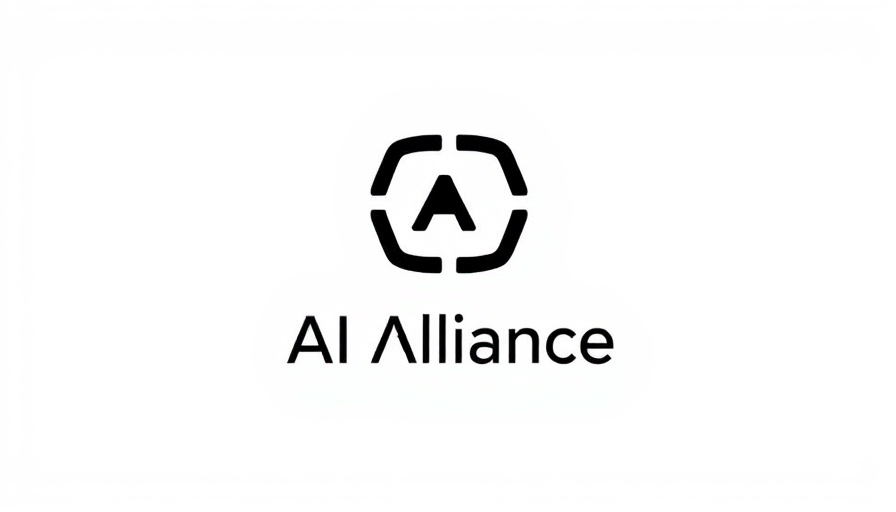
China’s Ambition to Dominate the AI Landscape
As the global race for artificial intelligence (AI) heating up, China is aggressively pushing its agenda to become the world's number one in AI by 2030. This ambition is driven not just by technological advancements but also by a strategic overseas expansion aimed at establishing a foothold in international markets. The Chinese government is channeling significant resources into nurturing domestic startups that can compete on a global scale. Among these, Zhipu AI stands out as a noteworthy player, vowing to provide tailored AI solutions to emerging nations in Southeast Asia, the Middle East, and Africa.
Strategic Collaborations and Investments
In a recent initiative, Zhipu AI has begun partnering with countries like Vietnam, Malaysia, and Pakistan to jointly develop large language models (LLMs) that fit the specific needs of each country. Notably, the establishment of a "Content Safety Research Institute" in Dubai signifies Zhipu AI's commitment to building its presence in the region. This has been further reinforced by prominent investments, such as the $400 million infusion from Saudi Aramco's "Prosperity 7" fund, showcasing a clear intent among Middle Eastern nations to leverage AI for economic development.
Competing with Western Powers
China's strategy isn't just about technology transfer; it's also about governance; Zhipu AI aims to furnish its partnerships with a foundation of AI governance know-how. This means that rather than merely selling technology, China is offering a comprehensive package that promotes independent AI systems in other countries. According to reports, Zhipu AI has observed a strategic gap that allows for a proactive approach to establishing its norms and standards before Western competitors can dominate these markets.
Implications for Global AI Development
The implications of China's growing influence in AI are profound. As emerging nations embrace Chinese AI solutions, they may find themselves interconnected with China's ecosystem, potentially increasing dependency on Chinese technology and standards. This situation poses a challenge to U.S. and European efforts to promote their own AI governance frameworks in the region, intensifying the geopolitical stakes involved in the development of AI technologies.
Responses from Western Nations
The U.S. Department of Commerce has taken note of these developments, with action taken to place Zhipu AI under export controls due to its ties with the Chinese military. The Trump administration's prior sanctions serve as a backdrop to the current administration's response, which seeks to mitigate the risks posed by competitors who may use AI technologies for military advancements.
Future Trends in AI Collaboration
Looking forward, expect more international partnerships in the AI domain, particularly from the Middle East and Asia. The U.S. is already moving in this direction, having secured a contract with the UAE to build a significant data center dubbed "Stargate UAE." These competitions and partnerships will likely redefine how nations interact with technology and each other.
Conclusion: The Global AI Landscape is Evolving
As China accelerates its AI initiatives with Zhipu AI at the forefront, the global narrative of AI development is rapidly evolving. Countries must navigate complex waters, balancing technological adoption with the need for sovereignty and independence in governance. Stakeholders must remain vigilant in understanding how these relationships shape the future of AI, for it is not just about technology — it's about global influence, economic opportunities, and the future landscape of international relations.
 Add Row
Add Row  Add
Add 




 Add Row
Add Row  Add
Add 
Write A Comment